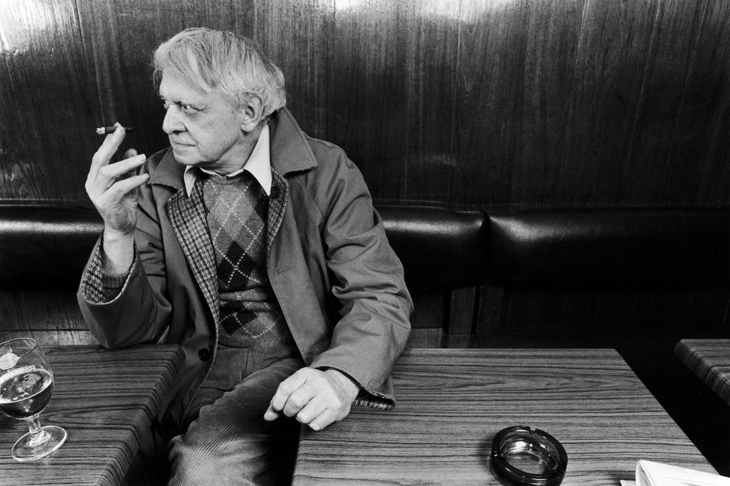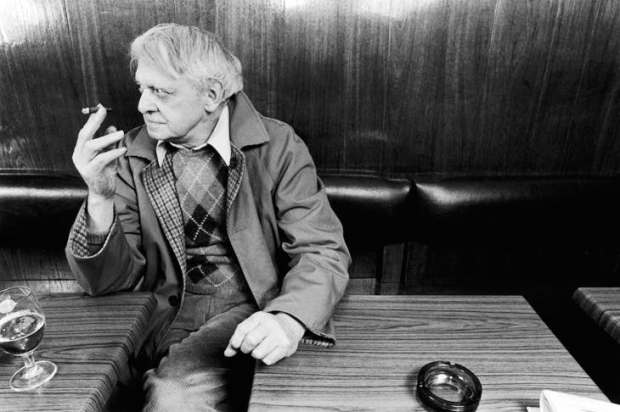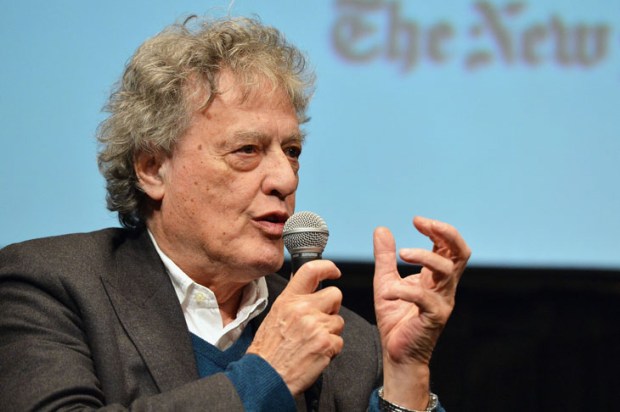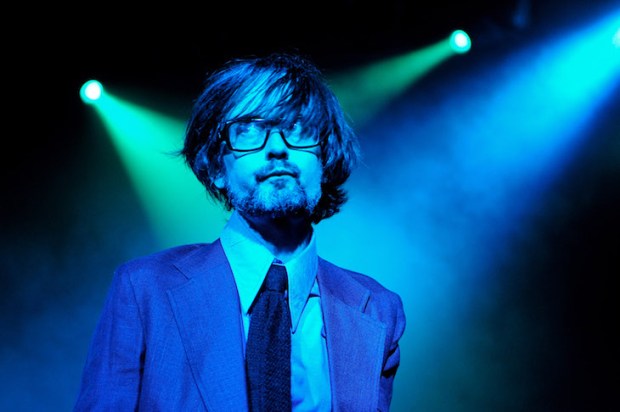At the third UK International Radio Drama Festival held last week in Herne Bay, entitled ‘And Let Us Listen to the Moon’, the entries included an Australian play about Chekhov, the limericks of Edward Lear translated into Serbian, a Czech version of Hamlet in which the palace at Elsinore is transformed into a sporting arena, and a play from Palestine in Arabic about three female political activists.
Already a subscriber? Log in
Subscribe for just $2 a week
Try a month of The Spectator Australia absolutely free and without commitment. Not only that but – if you choose to continue – you’ll pay just $2 a week for your first year.
- Unlimited access to spectator.com.au and app
- The weekly edition on the Spectator Australia app
- Spectator podcasts and newsletters
- Full access to spectator.co.uk
Or
Unlock this article
You might disagree with half of it, but you’ll enjoy reading all of it. Try your first month for free, then just $2 a week for the remainder of your first year.













Comments
Don't miss out
Join the conversation with other Spectator Australia readers. Subscribe to leave a comment.
SUBSCRIBEAlready a subscriber? Log in